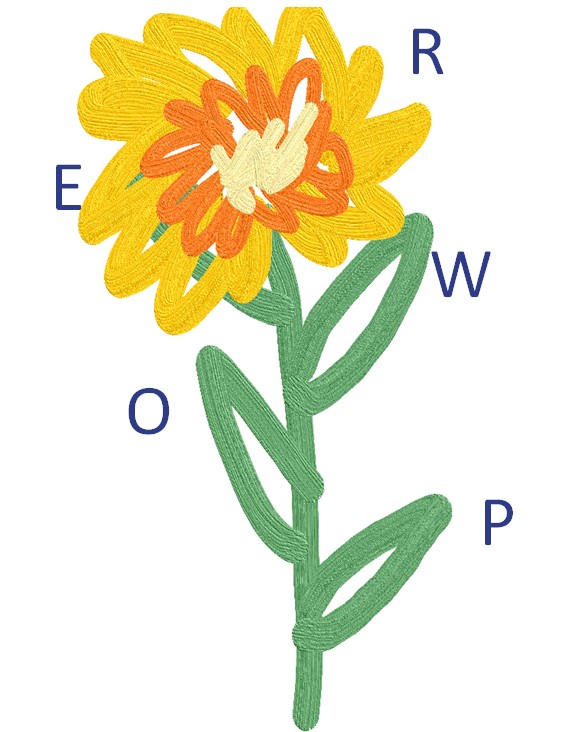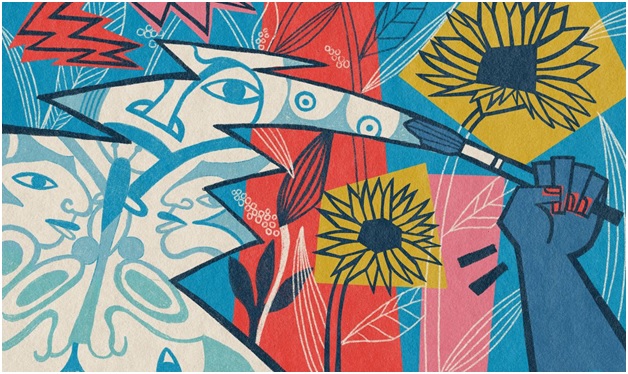A Coaching Model By Tessa D’Arcangelew Ampersand, Transformational Coach for Mid-Career Movement Builders, UNITED STATES

POWER Coaching Model

There is so much power to be had through communities coming together and collectively working for their shared needs and dreams. Oftentimes, the people who bring people together and build this power are community organizers, artists, educators, and non-profit employees, whose skill, talent, and purpose-driven lives become the water and care that grow seeds into a garden.
I focus my coaching on movement-builders, creative workers, and non-profit employees who are in the oft-forgotten middle: middle career, middle position, the middle between the past and the future. I myself was mid-career and feeling burnt out and stuck when, through a fluke, I was offered the coaching that is normally reserved for Senior and Executive-level management. With my coaching, I seek to support people as they move through their own waves of burnout, mental or emotional exhaustion, or feelings that they cannot continue to fight for the social causes they care so much about. Change is slow and filled with many setbacks, but things will change with the sustained leadership and efforts of the creative, kind, and people-centered workers of today and tomorrow.
Together, we are powerful. That also means that each individual needs to show up aware of their power and how to use it to build the greater power of the common good we seek. Coaching can help people to recognize their power, find it again, and find joy and energy in exercising it.
The POWER Coaching Model
This model is used to help people in non-profit and movement roles to face burnout or workplace frustration head-on by identifying their POWER.
P | Person
In the beginning, the client and coach come together to uncover the person behind the client. We focus first on their underlying beliefs, values, and who they want to be. This starts with an initial session of open-ended questions and visioning exercises that help the coach understand the person, rather than the problem that they are bringing, and helps the client to focus forward on the person they will grow into through coaching. At the beginning of each session, we dial in on values, what is meaningful to the client in that particular moment, and how their session goal relates to their personhood.
O | Ownership
After uncovering the ways in which the client feels stuck or mired in negative frames of mind, we seek to identify spaces for ownership. What can the client control within the situation? Where does the client have power? What can be reframed to provide more ownership? Where can the coach reflect back to the client so they identify new paths forward and the next best step they can take to find their power?
W | What’s Possible?
We explore the possibilities that are available when the client takes ownership over their realm of power. We creatively navigate around the “no’s” and the negatives to find the opportunities for the change and growth the client seeks. The coach supports the client in an honest exploration of what they want and how to get there.
E | Euphoria: Seeking Joy!
Change work is often hard work. The client acknowledges the hard work they do in life, and the hard work they did in the session. They find the lightness in their struggles and the joy of overcoming them. The coach places emphasis on the importance of joy and acknowledgment and supports the client as they find power in the session, and identify how that will translate outside the session.
R |Relationship
Movement-builders know they cannot be powerful on their own, so the client holds themselves accountable by naming the relationships that can support them with the next steps or shifts in mindset. The client and coach reflect on how their relationship is and is not supporting the client’s growth, and how they will continue to grow their partnership. The client reflects on their relationship with self, how it has grown in the session, and how they will use that learning for long-term transformation and sustainability.
Learn How to Create Your Own Coaching Model
Your Coaching Model reflects your values,
philosophies, and beliefs and must communicate who you will coach
and the problems you will solve. Read more about creating your coaching model